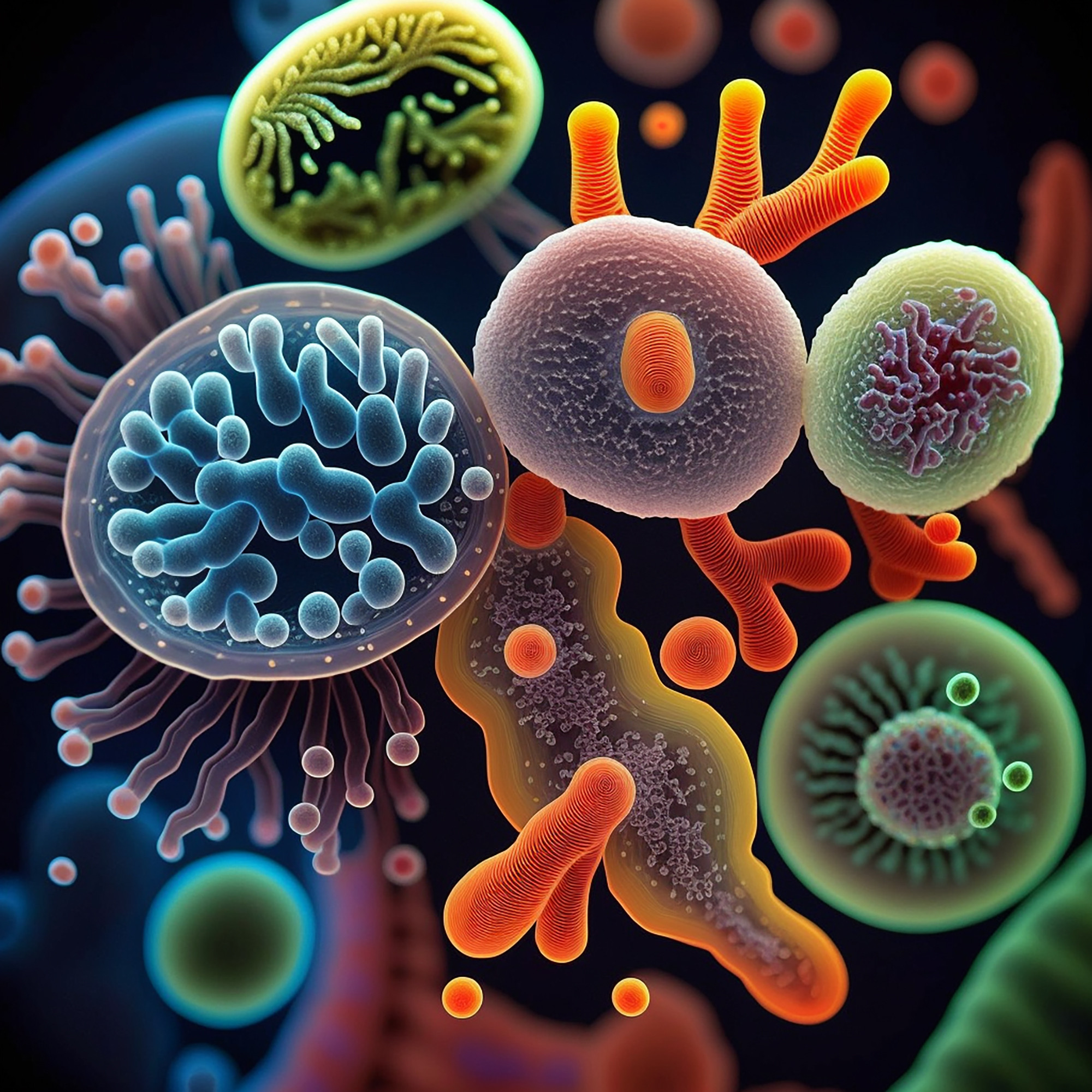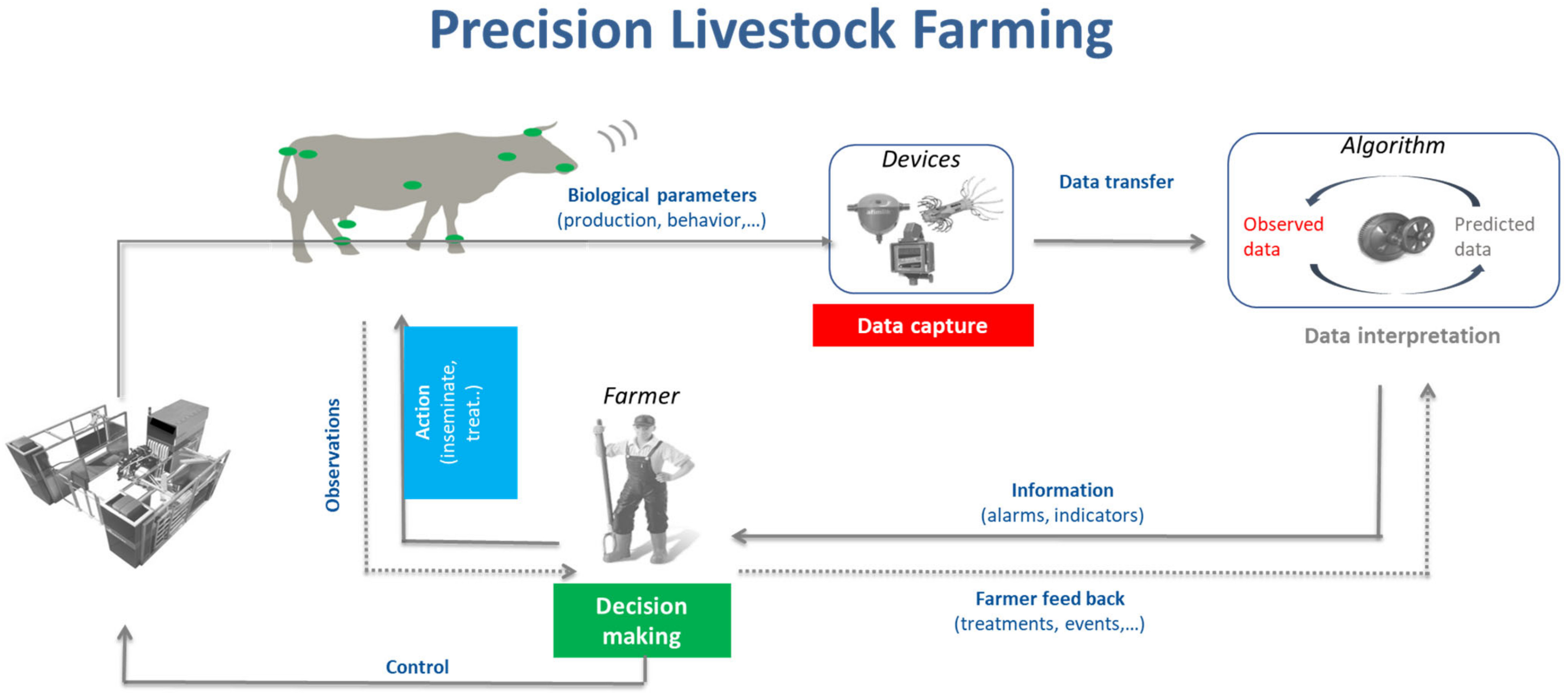The Rise of Autogenous Vaccines: A $231.6 Million Market Opportunity by 2033
The global autogenous vaccines market is poised for significant growth, with an estimated value of $231.6 million by 2033. This surge is fueled by the increasing prevalence of zoonotic diseases, rare infectious diseases in livestock and companion animals, and government initiatives aimed at disease prevention. The demand for customized vaccines is also a key driver, as veterinarians and farmers seek effective solutions to protect their animals from specific pathogens.
Market Drivers: A Complex Web of Factors
The autogenous vaccines market is driven by a range of factors, including:
Rising Incidence of Zoonotic Diseases
Zoonotic diseases, which can be transmitted from animals to humans, are a growing concern. Autogenous vaccines play a crucial role in controlling the spread of these diseases by targeting specific pathogens affecting livestock and companion animals.
Prevalence of Rare Infectious Diseases
The emergence of rare and emerging infectious diseases in both livestock and companion animals presents unique challenges. Autogenous vaccines offer a tailored solution to address these specific threats, as they can be customized to target the specific pathogens involved.
Government Initiatives and Regulations
Governments around the world are implementing programs and regulations to prevent the spread of viral and bacterial diseases through vaccination. These initiatives aim to improve animal health and biosecurity, contributing to the growth of the autogenous vaccines market.
Advancements in Biomedical Sciences
Progress in biomedical research and technology has led to improved vaccine development processes, making autogenous vaccines more effective and accessible. This has facilitated the development of vaccines that are tailored to specific needs and provide better protection.
Increasing Pet Adoption Rates
The rise in pet ownership and the growing focus on pet health and wellness have increased the demand for vaccines tailored to the specific health needs of companion animals. Autogenous vaccines offer a customized approach to protecting pets from diseases.
Market Restraints: Challenges to Overcome
While the autogenous vaccines market holds immense potential, it also faces a number of challenges:
High Development Costs
The development and production of autogenous vaccines involve significant investment, including research, development, and quality control processes. These costs can be a barrier for smaller veterinary practices and livestock operations.
Regulatory Challenges
Navigating complex regulatory requirements for the approval and use of autogenous vaccines can be time-consuming and costly. Stringent regulations can delay market entry and increase the burden on manufacturers.
Limited Awareness and Adoption
Despite their benefits, autogenous vaccines may face limited awareness and adoption, particularly in regions where traditional vaccines are more prevalent. Educating veterinarians and farmers about the advantages of autogenous vaccines is crucial for broader acceptance.
Market Fragmentation
The autogenous vaccines market is highly fragmented, with numerous small and medium-sized players. This fragmentation can create competition and limit the market share for individual companies, impacting overall growth.
Quality Assurance Issues
Ensuring the consistent quality and efficacy of autogenous vaccines is crucial. Variability in vaccine production or quality assurance failures can undermine confidence in these products and affect market growth.
Market Opportunities: Unlocking Future Potential
The autogenous vaccines market presents several opportunities for growth and expansion:
Growth in Livestock Farming
As the global demand for meat and dairy products increases, there is a growing opportunity for autogenous vaccines to improve animal health and productivity in the expanding livestock sector.
Emergence of New Infectious Diseases
The rise of new and emerging infectious diseases presents an opportunity for the development of autogenous vaccines tailored to these specific threats, helping to address gaps in current vaccination strategies.
Advancements in Vaccine Technology
Innovations in vaccine development, such as improved adjuvants and delivery systems, offer opportunities to enhance the effectiveness and ease of use of autogenous vaccines.
Expansion of Veterinary Research
Increasing investments in veterinary research and development can lead to new breakthroughs and the development of more effective autogenous vaccines, creating growth opportunities in the market.
Increasing Awareness of Zoonotic Diseases
Growing awareness of zoonotic diseases and their impact on human health can drive demand for autogenous vaccines as preventive measures to protect both animals and humans.
Market Challenges: Navigating Complexities
The autogenous vaccines market faces a number of challenges that require careful attention and effective solutions:
Complex Production Processes
The production of autogenous vaccines involves complex procedures that require precise handling of pathogens and customization. This complexity can lead to challenges in maintaining consistency and quality.
Regulatory Hurdles
Navigating the regulatory landscape for autogenous vaccines can be challenging due to varying requirements across different regions. Compliance with stringent regulations and obtaining necessary approvals can be time-consuming and costly.
High Costs
The costs associated with developing, producing, and administering autogenous vaccines are relatively high. This can be a barrier for smaller veterinary practices and livestock operations with limited budgets.
Limited Standardization
The lack of standardized protocols for autogenous vaccine production and administration can result in variability in product quality and effectiveness, potentially impacting market acceptance.
Knowledge and Expertise Gaps
There may be a lack of knowledge or expertise among veterinarians and farmers regarding the benefits and use of autogenous vaccines. This can hinder their adoption and integration into existing health management practices.
Country-wise Insights: A Regional Perspective
The autogenous vaccines market exhibits varying levels of growth and adoption in different regions. Here's a closer look at two key markets:
Why is the U.S. Autogenous Vaccines Market Thriving?
The U.S. is projected to capture approximately 34.5% of the global autogenous vaccines market by the end of 2023. This growth is largely attributed to robust government initiatives and a well-developed veterinary care system.
Agencies such as the USDA’s Animal and Plant Health Inspection Service (APHIS) and the USDA’s Animal Research Service (ARS) collaborate with manufacturers and public health officials to enhance surveillance programs. These programs aim to advance scientific research and address veterinary and public health challenges by supporting the development of diagnostic reagents, specialized assays, effective vaccines, and response strategies.
Such initiatives are expected to accelerate research and development, leading to the introduction of customized vaccines in the U.S.
Will Germany Be a Lucrative Market for Manufacturers?
Germany, holding an 8.9% share of the global market, is set to maintain a significant presence by the end of 2023. The country has a long history of using autogenous vaccines, contributing to its leadership in the European market.
Germany’s dominance is driven by improved product accessibility, favorable regulatory conditions, heightened awareness of animal health among poultry farmers and livestock breeders, and increased public funding for vaccine research and development. These factors position Germany as a key market for manufacturers looking to expand their reach in Europe.
Key Players: Shaping the Market Landscape
The autogenous vaccines market is characterized by a diverse range of key players, including:
- Newport Laboratories, Inc.
- Elanco Animal Health
- Ceva (Ceva Biovac)
- ACE Laboratory Services (Apiam Animal Health)
- Huvepharma, Inc.
- AniCon Labor GmbH
- Cambridge Technologies
- Dyntec s. r. o
- Hygieia Biological Laboratories
- HIPRA
- Vaxxinova
- sanphar (ipeve)
- Addison Biological Laboratory
- Zoetis (PHARMAQ AS)
- Barramundi Asia Pte Ltd.(UVAXX Asia)
- Kennebec River Biosciences
These companies are actively engaged in research, development, production, and distribution of autogenous vaccines, contributing to the growth and innovation of the market.
The Future of Autogenous Vaccines: A Promising Outlook
The autogenous vaccines market is poised for significant growth in the coming years. As the demand for customized solutions to protect animals from infectious diseases continues to rise, autogenous vaccines are expected to play an increasingly important role in the veterinary industry. The market will be shaped by technological advancements, regulatory changes, and a growing awareness of the benefits of autogenous vaccines.
The future of autogenous vaccines looks bright, with continued innovation, expanded applications, and a growing focus on animal health and well-being.

















